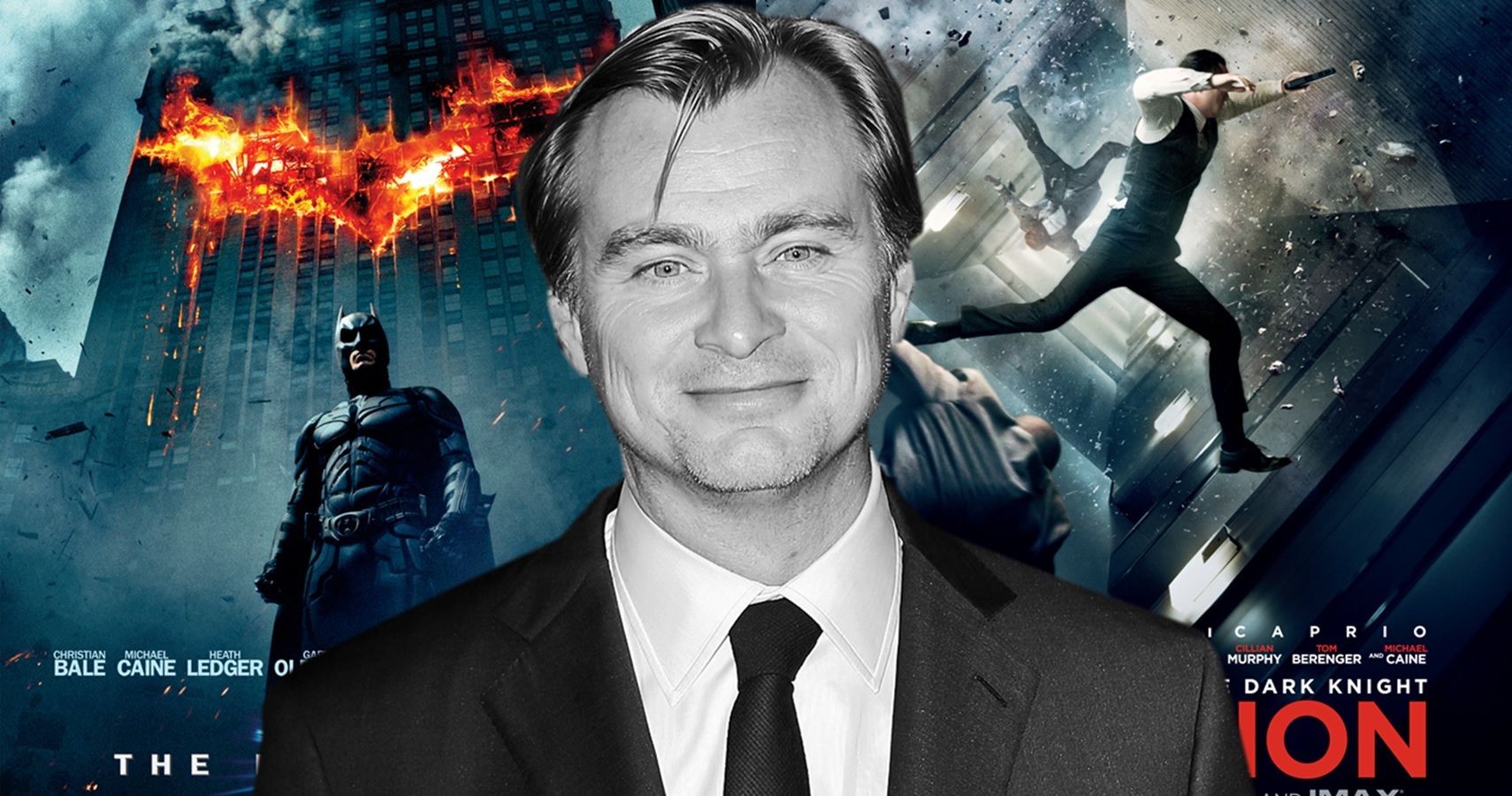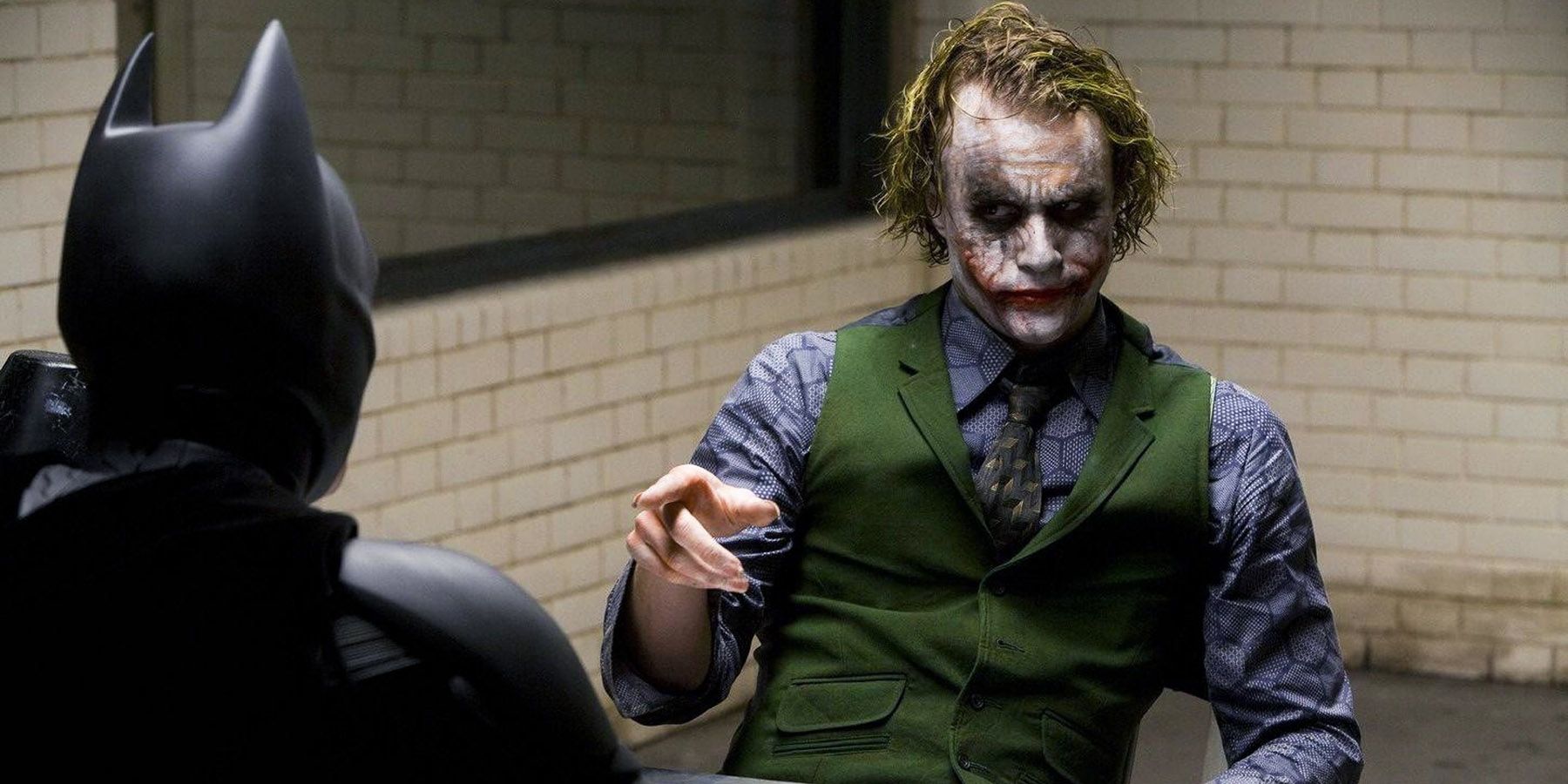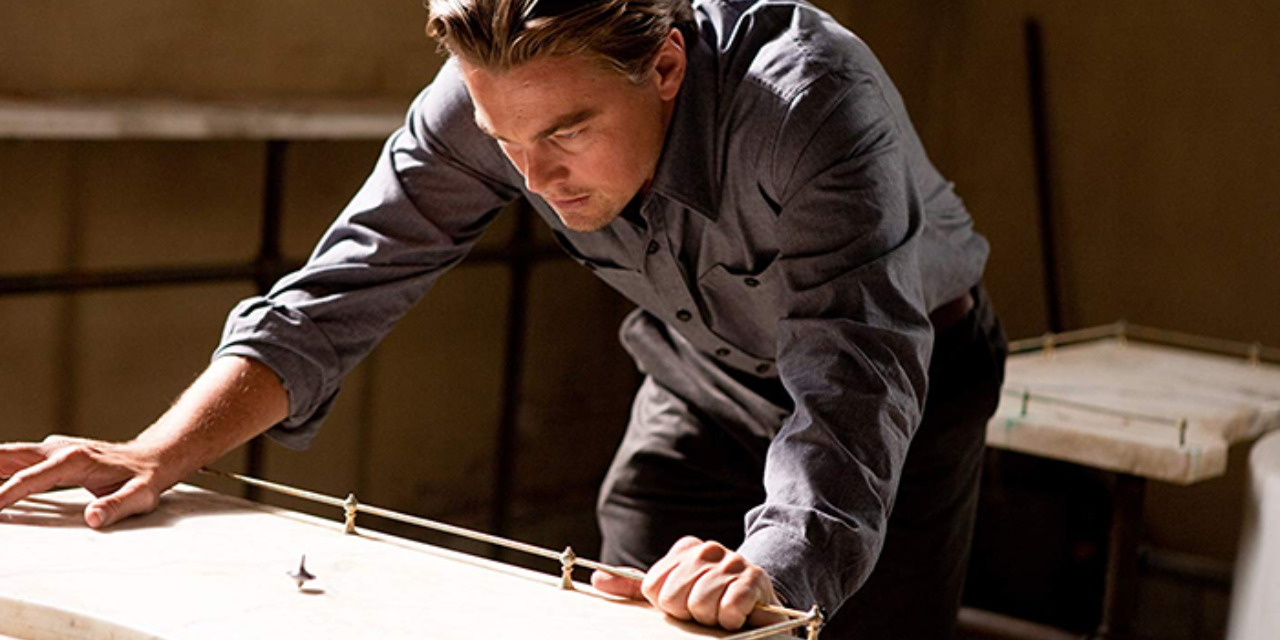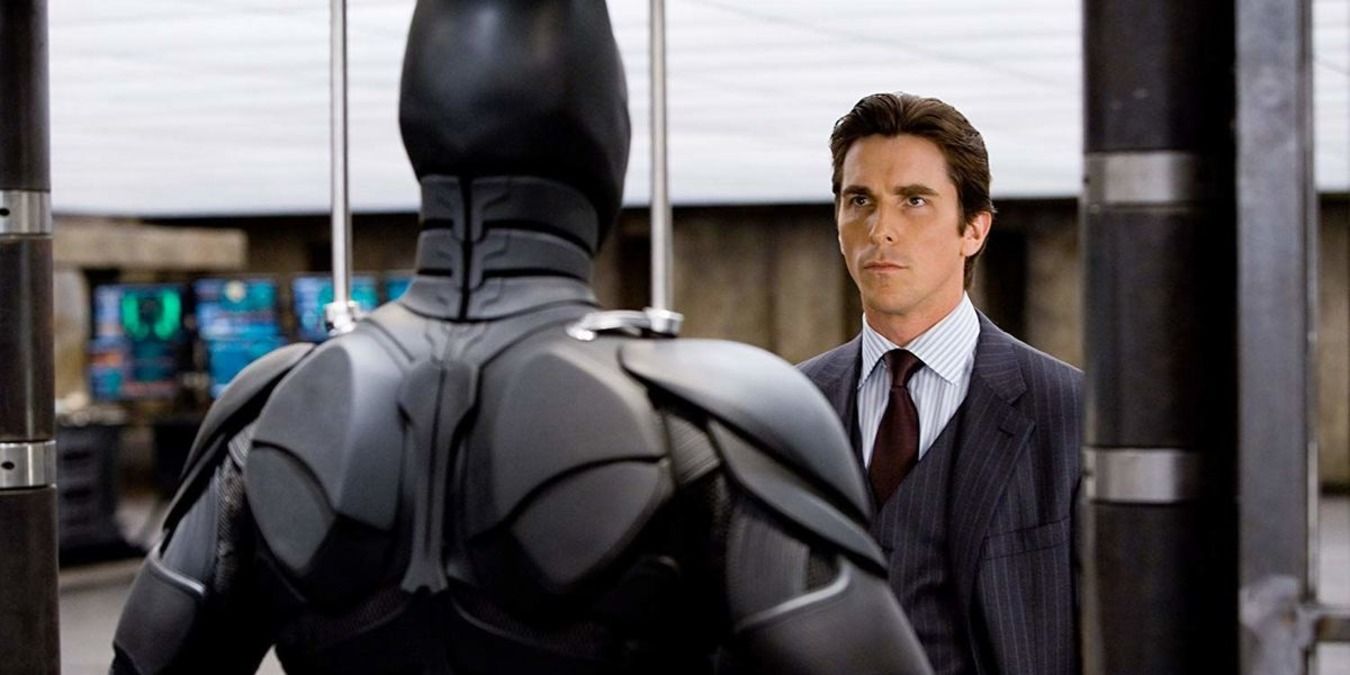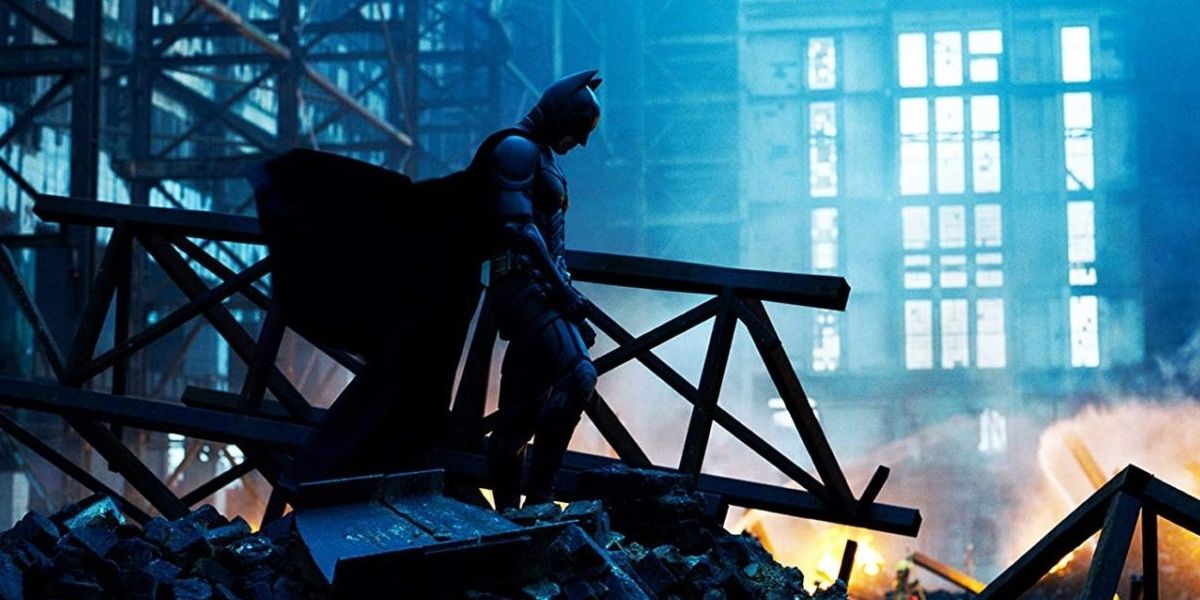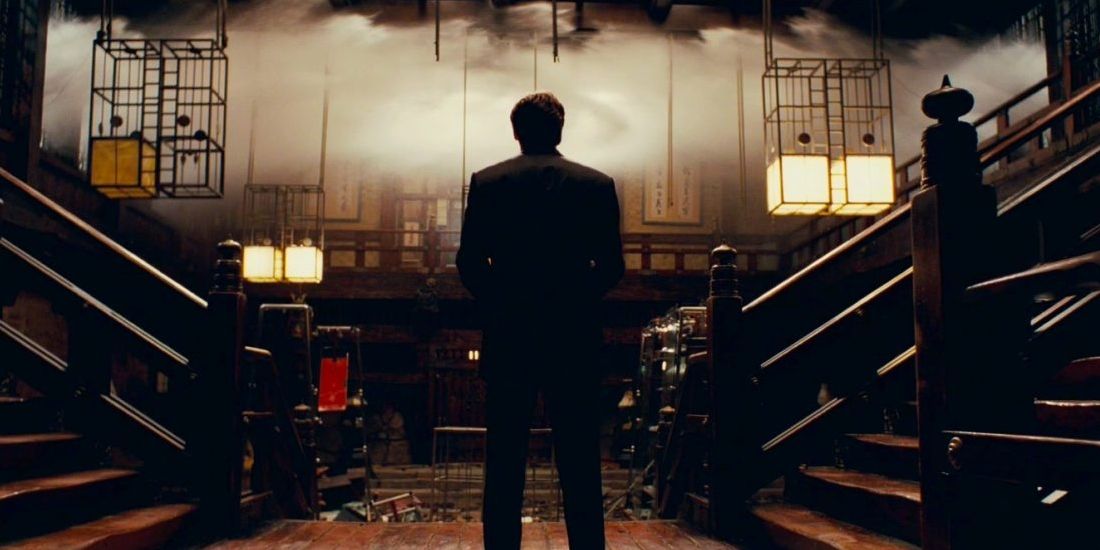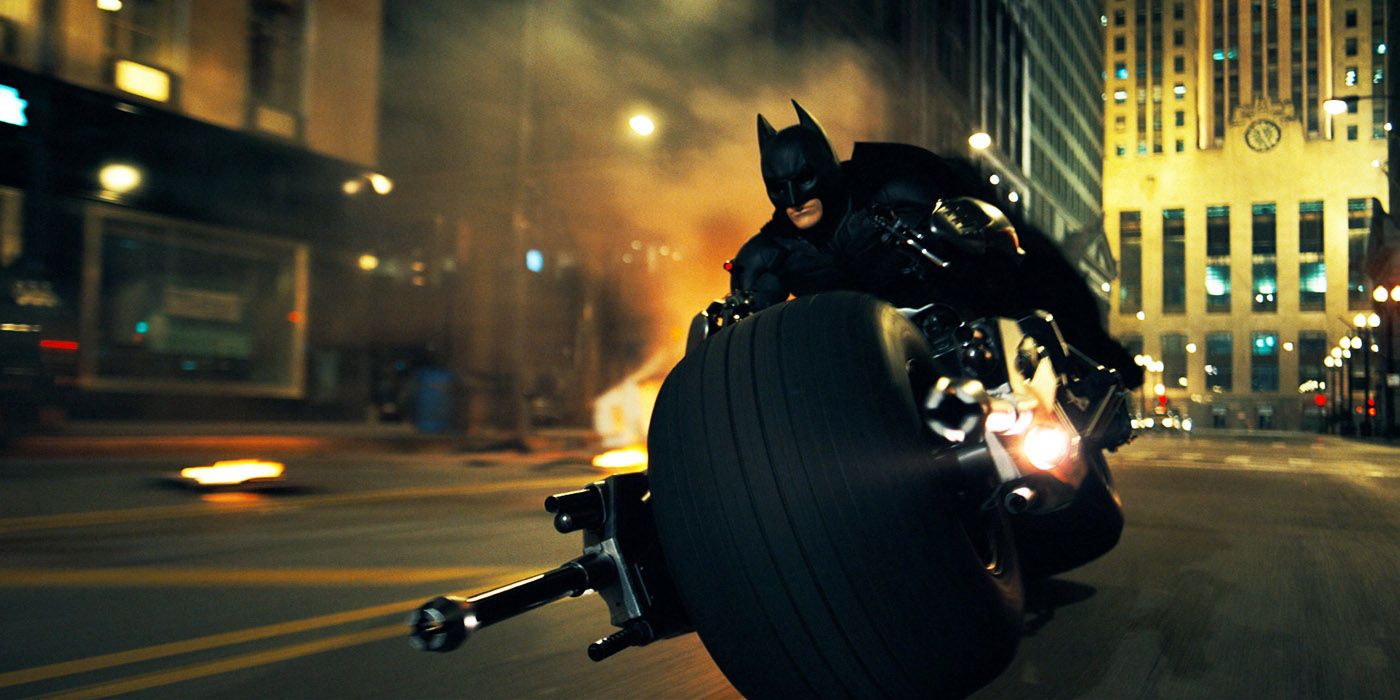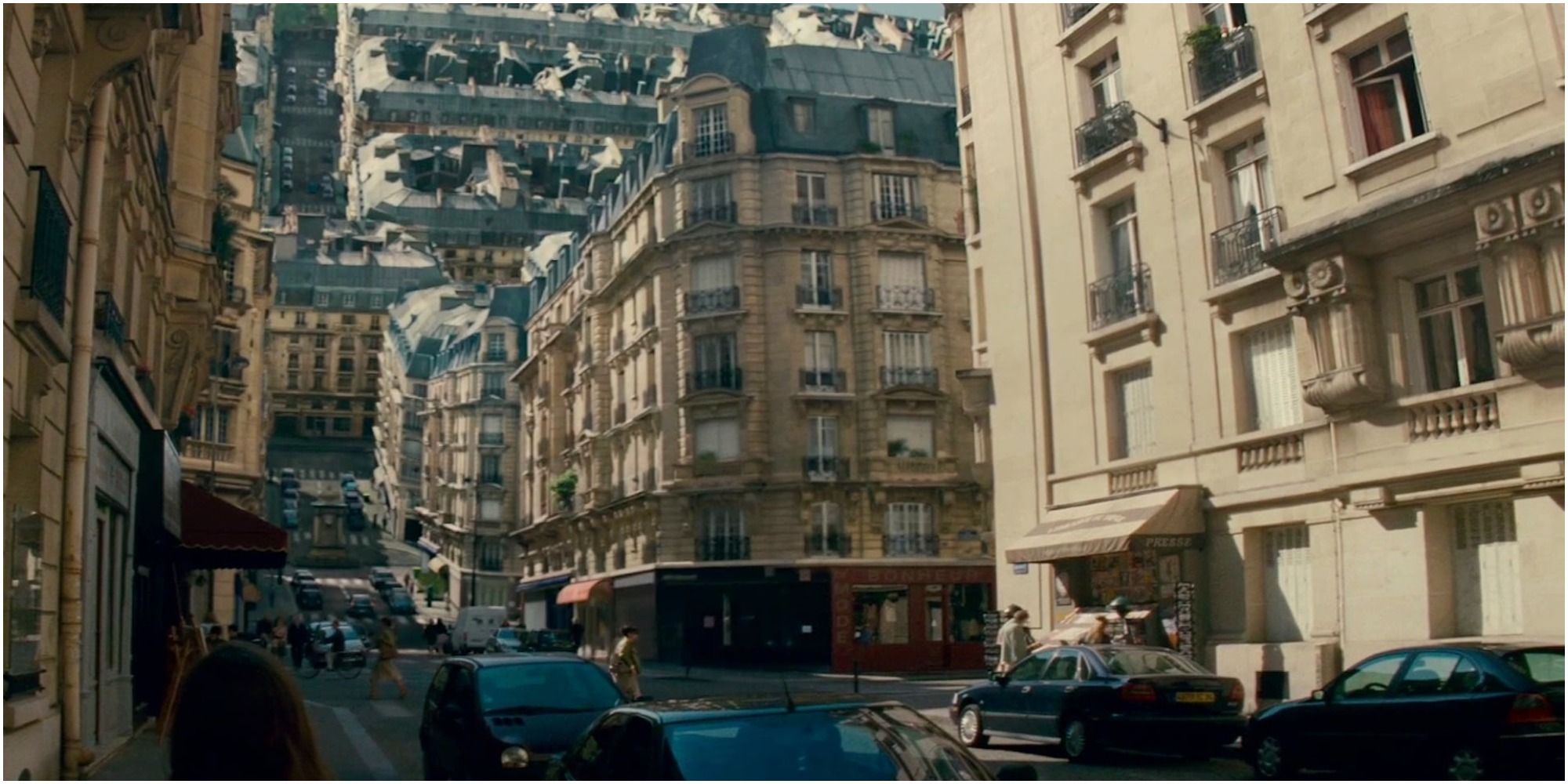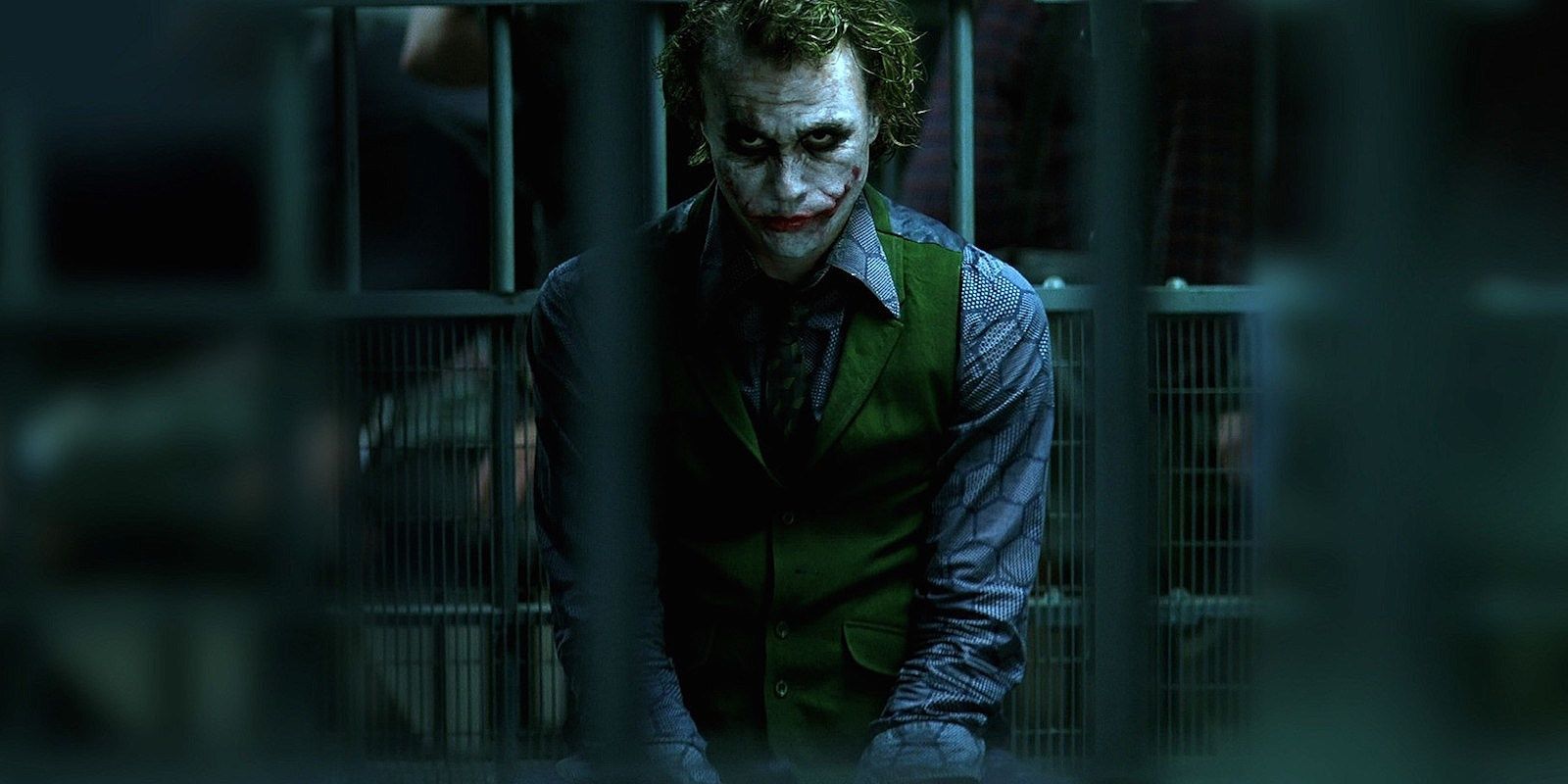Christopher Nolan is one of the most prominent and critically adored directors working in Hollywood today. He hasn’t made a single movie that was reviewed poorly – although The Dark Knight Rises was criticized for having plot holes and Interstellar was criticized for being unfocused – so it’s difficult to determine Nolan’s finest film.
Arguably, it boils down to a debate between The Dark Knight, the second and most beloved chapter in his rebooted Batman trilogy, and Inception, his sci-fi heist movie set in the dream world. So, here are five reasons why The Dark Knight is Christopher Nolan’s best film, and five why it could be Inception.
The Dark Knight: It’s A Haunting Reflection Of Society
The Joker’s musings about how order would break down and the world would turn to chaos with a slight disruption to the accepted system are a shockingly apt reflection of society.
The passengers of the two ferries ultimately don’t blow each other up, proving Batman’s point that humankind is worth protecting, so there is an optimistic upside, but the Joker’s point still has plenty of merit.
Inception: It’s Fiercely Original
While The Dark Knight was adapted from previous source material – and Memento was based on a short story and Dunkirk was based on true events – Inception is a wholly original story dreamt up (pardon the pun) by Christopher Nolan.
But it’s not just original in the technical sense; it’s original in the true sense, too, as a story like Inception had never been told before. The concept of a heist movie where the characters are stealing, not a jewel or a bunch of cash, but an idea, was entirely unique.
The Dark Knight: It Reinvented The Comic Book Movie
Comic book movies were never the same after The Dark Knight. This was the movie that made the film industry realize that movies based on comic books could be real movies, ripe for analytical dissection.
In the years since, we’ve been treated to such masterfully crafted, thought-provoking films as Logan, Spider-Man: Into the Spider-Verse, and to a lesser extent, Joker.
Inception: The Ambiguous Ending Makes It Endlessly Interpretable
Inception has one of the most famous ambiguous endings in cinema history. Cobb returns home and finally gets to spend some time with his kids. But before he goes out to join his kids, he spins his top to make sure he’s not still in the dream world. Just as the top begins to topple, the movie cuts to black.
The most important part of the ending is that Cobb walked away while the top was still spinning. It could be interpreted that the point of the ending is that, after everything he’s been through, Cobb doesn’t care if he’s still in the dream world; he just wants to hang out with his kids. But that’s just one reading. The ambiguity of Inception’s ending means that it can be interpreted endlessly.
The Dark Knight: It’s A Cinematic Study Of The American City
After depicting Gotham City as a glitzy, gothic, romantic metropolis in Batman Begins, Christopher Nolan changed the setting’s aesthetic for the sequel. In The Dark Knight, Nolan started using Chicago as his real-world double for Gotham. Instead of stylizing its look, he went the other way and stripped it down.
Influenced by Michael Mann’s definitive portrayal of L.A. in his crime epic Heat, Nolan used Gotham as a proxy for the American city. With the police department’s ineffectiveness, Harvey Dent’s “white knight” image, and the threat of terror represented by the Joker, The Dark Knight is a great cinematic study of the American city.
Inception: It’s A Metaphor For The Power Of Cinema
As a director who swears by film stock and recently penned an op-ed about the importance of theatergoing, Christopher Nolan feels pretty passionately about the power of cinema. Cinema’s power to create illusions and seduce its audience is reflected beautifully in Inception’s portrayal of dreams.
In the writing process, Nolan even based the roles of the heist team on the roles of a film crew: Cobb is the director, Eames is the star, Arthur is the producer, Saito is an intrusive studio executive, Ariadne is the production designer, and Fischer is the viewer.
The Dark Knight: It’s Nolan’s Most Rewatchable Movie
One of the simple reasons that The Dark Knight can claim to be Christopher Nolan’s best movie is that it’s his most rewatchable. Whereas Batman Begins’ origin story drags out and The Dark Knight Rises has Dickensian delusions of grandeur, The Dark Knight is endlessly rewatchable.
Inception is very heady, Interstellar could’ve been half an hour shorter, and the Allies’ crushing defeat in Dunkirk makes it a bleak, intense viewing experience. But The Dark Knight will never get old.
Inception: The Dream World Is Deftly Blended Into The Real World
Bringing the dream world to the big screen is a unique challenge, because we only remember dreams vaguely through snippets of memories, and they exist entirely in our heads as a combination of mental impulses. The best cinematic interpretations of the dream world – like Wes Craven’s A Nightmare on Elm Street – subtly blend the dreams into the real world.
Christopher Nolan mastered this when he made Inception. The dream sequences are spectacular, and the way that reality blends seamlessly into the dreams is beautifully cinematic.
The Dark Knight: Heath Ledger’s Performance As The Joker Is One Of The Greatest Ever
There are plenty of strong performances in Inception, from Leonardo DiCaprio’s conflicted turn as Cobb to Ellen Page’s audience-surrogate role as Ariadne, but none of them come close to scraping the greatness of Heath Ledger’s Oscar-winning portrayal of the Joker in The Dark Knight.
Ledger’s Joker is one of the best villains in film history. He’s truly sinister and psychotic, terrifying even his co-stars on the set, and he commands attention in every single one of his scenes. Plus, when he explains his worldview, you have to admit, fair enough.
Inception: Only Christopher Nolan Could’ve Made It
There’s no other movie quite like Inception. Just like Pulp Fiction could’ve only been made by Quentin Tarantino, Goodfellas could’ve only been made by Martin Scorsese, and A Clockwork Orange could’ve only been made by Stanley Kubrick, Inception could’ve only been made by Christopher Nolan.
It has all the trademarks that make Nolan’s filmmaking style unique – parallel narrative timelines, meticulously staged action sequences, ultra-wide angles shot on IMAX cameras etc. – and no director could’ve pulled off this story anywhere near as masterfully as Nolan did.

